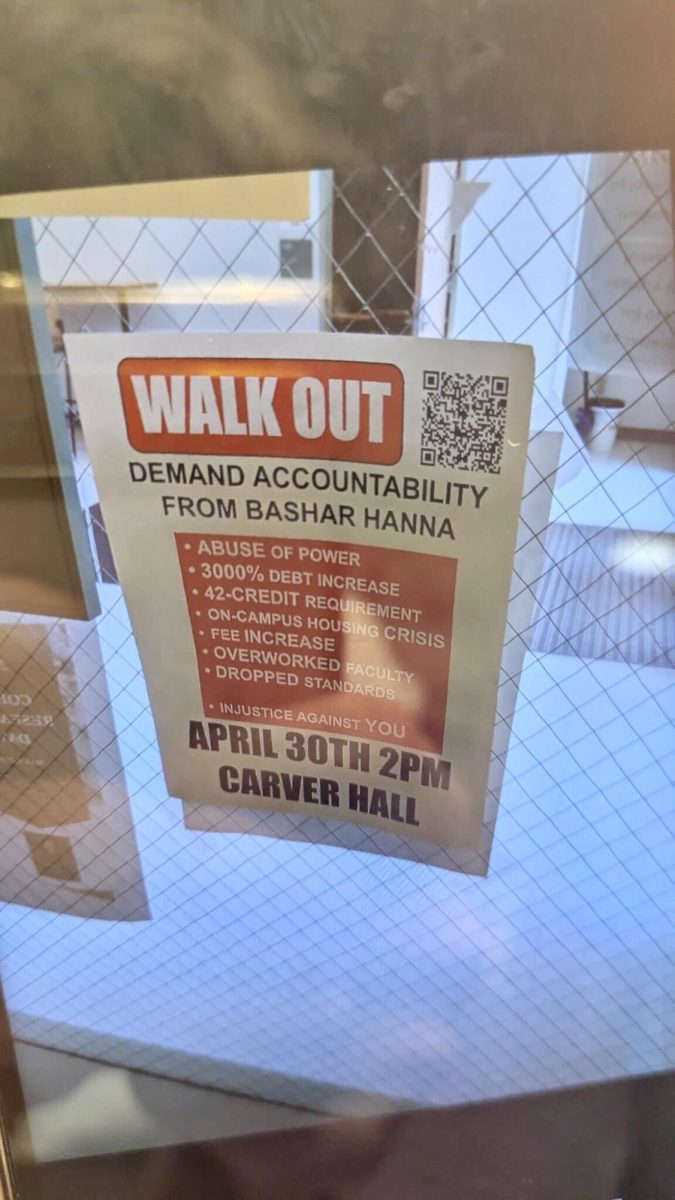As of Friday, October 19, Pennsylvania has implemented an Anti-Hazing Law, which is to enforce repercussions against hazing at schools. It was named the ‘Timothy J. Piazza Anti Hazing Law’. This law was signed by Governor Tom Wolf.
Timothy was a 19-year-old student at Penn State who died last year at a fraternity. There was only one brother from the fraternity sentenced from this case, and he has not gotten any jail time thus far. He was sentenced to three months of house arrest and 27 months of probation.
The Piazza family has become huge advocates in getting the old traditions of initiation into fraternities and sororities to stop. Along with other parents who lost their children to hazing, the Piazza family has formed a national Anti-Hazing Coalition.
Their main goal is to get stricter laws and prosecutions against these hazing rituals. With their efforts, Pennsylvania is now the 45th state that has created an anti-hazing law.
Governor Tom Wolf was joined by the Piazza family in the signing of this law.
Dave Millard, the local state representative of Pennsylvania says, “This should be a warning to all of the entities of the dos and don’ts. Groups have the responsibility to act in the guidelines of the law and now individuals can report it and it can be addressed accordingly.”
This law was put into effect because of the increase of allegations across the state. Penn State is not the only campus to confront this issue, as we know our very own Bloomsburg University is currently running an internal investigation on our Greek life.
Baruch College in New York City, is another campus who has recently suffered with hazing allegations. In 2013, a pledge from a fraternity died from hazing.
Three students from this fraternity were sentenced to 24 months in prison earlier this year, because of their role they played.
This new anti-hazing law will make hazing that results in injury or death a third-degree felony, which is a maximum of seven years in prison. The previous hazing law only had a maximum penalty of one year in prison.
Also under this new law, those students found guilty of hazing could be fined, put on probation, expelled, or have their diplomas withheld. Wolf says this will be one of the strongest anti-hazing laws in the country.
It was put into place to hopefully get rid of hazing all together by increasing the penalties.
Getting this idea out to the public is the main goal. “I think if the University gets it out to all of the Greek organizations, because their behavior brought this out, and to all organizations that you may be a part of. This is something that universities should target,” comments Millard.
Millard also says, “I helped create the law but I am not involved in helping the enforcement of it. That will come from the police department. The university, if they do not already, have to create an anti-hazing law and incorporate this.”

















